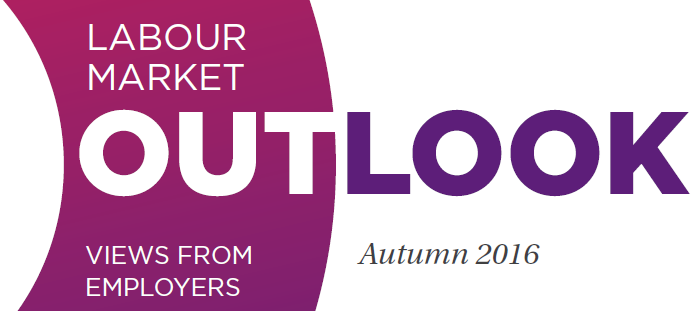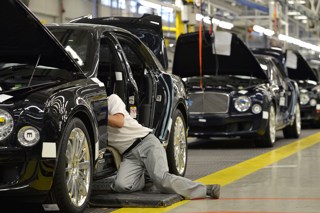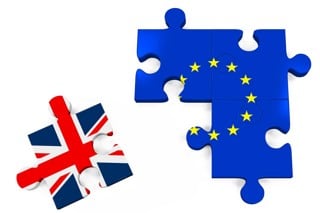Employers plan to limit pay rises by less than inflation next year following the Brexit vote June.
The Chartered Institute of Personnel Development said wages in real terms were likely to fall next year because, for the second quarter running, employers expected to make basic pay settlements of just 1.1% as inflation increases. Its findings come in its quarterly 'Labour Market Outlook', based on responses from 1,024 employers.
The reports says: "While employers seem in the main bullish in their employment intentions, the outlook for pay is less positive. Expectations of basic pay growth remain very weak.
"Median basic pay expectations for the 12 months to September 2017 remain unchanged from the previous quarter at 1.1%, below the survey's recent historic average."
"The report points to the UK economy beginning to face some likely headwinds following the UK's decision to leave the European Union," Gerwyn Davies, a labour market analyst at the CIPD, is quoted on Reuters.
"Pay expectations are already weak, and as inflation moves up we can expect a period of low or negative real wage growth for the squeezed middle."
Annual inflation rose to 1% in September and is expected to climb towards 3% by the end of next year, reflecting the fall in the value of the pound since the decision by voters in June to leave the European Union.
The CIPD report showed employers were also concerned about their ability to recruit workers from the EU, with just 6% favouring a so-called hard Brexit resulting in a clamp-down on the free movement of labour from the bloc.
"For years, the UK has been one of the most attractive countries for EU workers, benefiting from easy access to a large, European talent pool," said John L. Marshall, chief executive of Adecco Group which co-produced the survey.
He said the Brexit decision was "a wake-up call" for employers to invest more in training.






















Mr Obvious - 15/11/2016 19:52
To speak for every sales exec in the country... what's a pay rise?